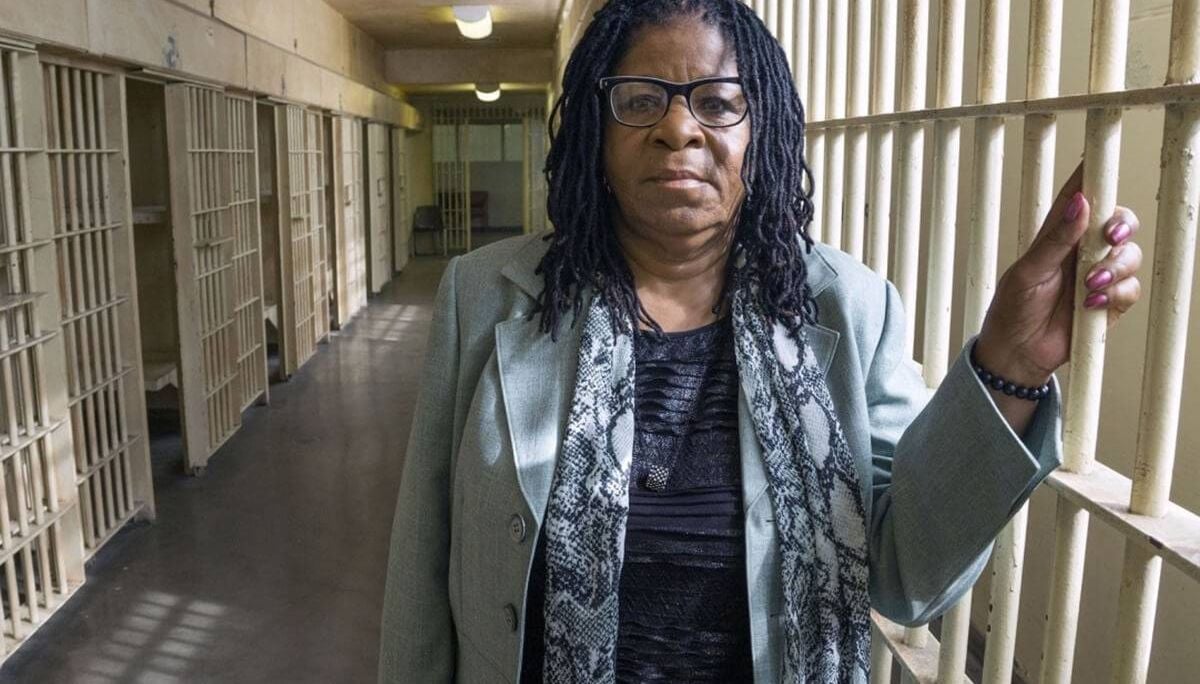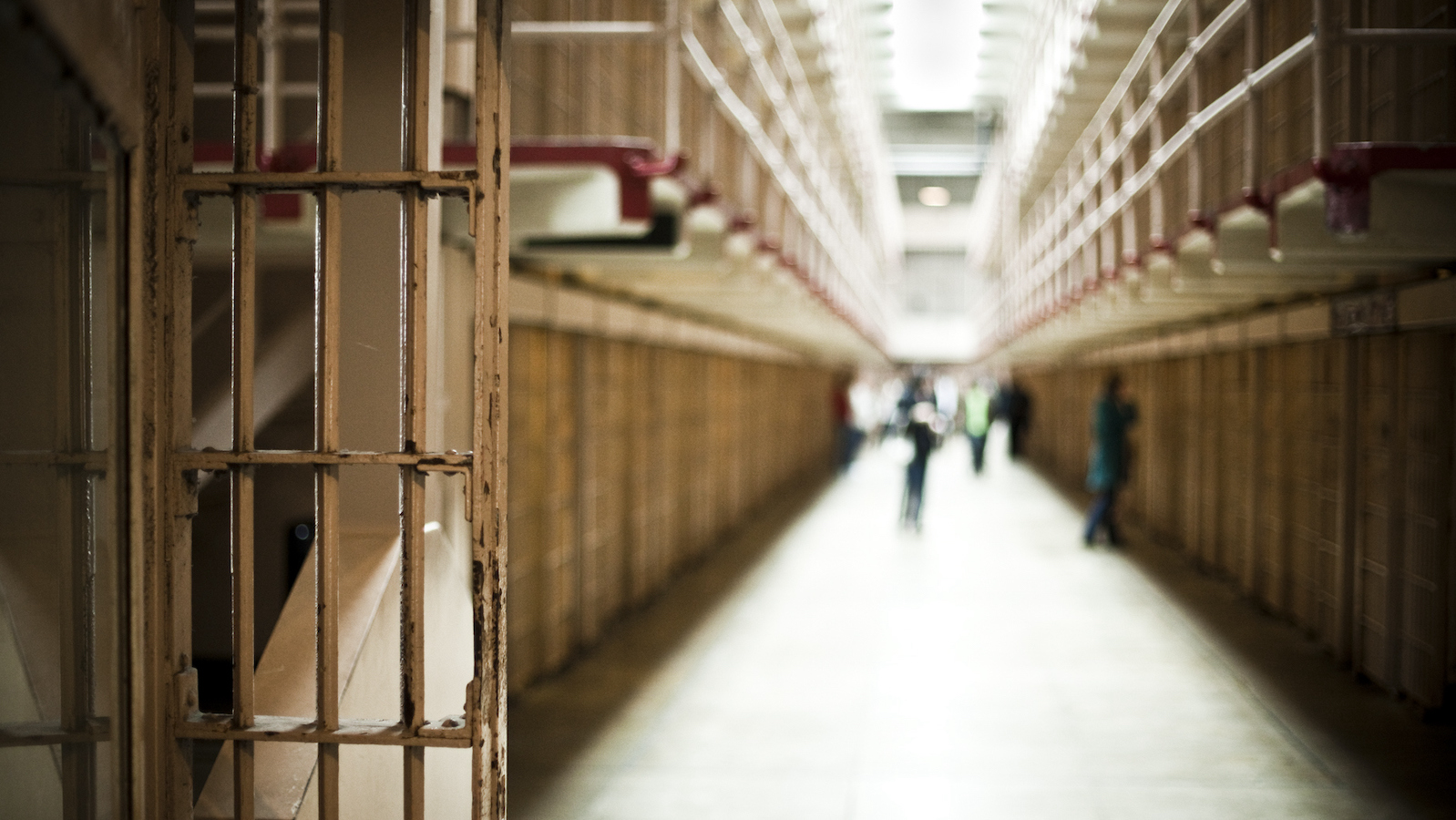Reentering society after a period of incarceration can be a daunting journey, steeped in challenges and opportunities for transformation. The transition from prison life to freedom often stirs a whirlwind of emotions—hope, anxiety, confusion—each vying for attention in an unfamiliar landscape.
For many, the journey toward mental wellness is not just a matter of adjusting to the outside world; it is a profound recalibration of identity and purpose. Essential to this process are strategies that nurture resilience and foster a sense of belonging.
From building supportive relationships to engaging in meaningful activities, each step taken can contribute significantly to maintaining mental health. In this article, we will explore best practices that empower former inmates to reclaim their narratives, cultivate emotional stability, and embark on paths of renewal that honor their unique experiences.
The road ahead may be fraught with obstacles, but with the right tools and a steadfast commitment to healing, freedom can transform from a mere absence of walls into a fulfilling, hopeful existence.
Understanding the Transition ─ From Incarceration to Freedom
Understanding the transition from incarceration to freedom is a multifaceted journey, filled with both hope and daunting challenges. After spending years behind bars, individuals often find themselves facing a stark reality where the noise of prison life fades, replaced by the unfamiliar sounds of the outside world—sounds that can feel overwhelming.
The sheer act of re-entering society brings with it a complex web of emotions: excitement, anxiety, and perhaps, a lingering trauma. Navigating this delicate balance requires acknowledging the scars of the past while cautiously embracing the possibilities of a new beginning.
Relationships, perhaps strained or severed, need mending. Employment opportunities may seem scarce, each rejection echoing feelings of unworthiness.
The intricacies of this transition highlight the critical importance of mental wellness, as the path to reintegration is not just about reclaiming one’s physical freedom but also about nurturing the mind and spirit—elements that must evolve for a truly liberated existence.

Establishing a Support System ─ The Importance of Community
Establishing a robust support system is vital for anyone transitioning out of prison, as the journey to reintegration can be fraught with challenges. Community resources, including local organizations, support groups, and mental health services, play an essential role in providing guidance and understanding.
Engaging with others who have faced similar experiences fosters a sense of belonging and reduces feelings of isolation, which can be particularly acute in the early stages of reintegration. Moreover, sharing stories and coping strategies can help individuals process their emotions and encourage resilience, ultimately promoting mental wellness.
Establishing connections with empathetic mentors can also illuminate pathways to employment, education, and personal growth. In such a nurturing environment, individuals are empowered not just to survive, but to thrive, transforming past adversities into a foundation for a hopeful future.
Engaging in Professional Counseling ─ Finding the Right Therapist
Finding the right therapist post-prison can feel daunting, yet it is a critical step towards reclaiming your mental wellness. Take the time to explore various options—there are numerous approaches to therapy, from cognitive-behavioral techniques to more holistic methods, each offering unique pathways to healing.
Personal referrals can be invaluable, allowing you to connect with professionals who have successfully guided others with similar backgrounds. Consider what you need: do you require someone seasoned in trauma-informed care, or perhaps a therapist who understands the unique challenges faced after incarceration? The initial consultation can serve as a litmus test; during this session, reflect on whether you feel heard, understood, and respected.
Remember, it’s perfectly acceptable to seek out multiple therapists until you find the one who resonates with your journey, reinforcing that your mental wellness is a priority worth fighting for.

Conclusion
In conclusion, maintaining mental wellness after incarceration is a vital journey that requires support, resilience, and proactive strategies. For individuals, including black men who may face unique societal challenges, embracing best practices such as building robust support networks, engaging in therapeutic activities, and fostering a positive self-image can significantly impact their reintegration. By prioritizing mental health and seeking appropriate resources, those emerging from prison can navigate their transition effectively, paving the way for a fulfilling and balanced life.
Ultimately, society must also play a role in dismantling stigmas and creating inclusive environments that empower ex-offenders to thrive, ensuring that everyone has the opportunity to heal and succeed.


